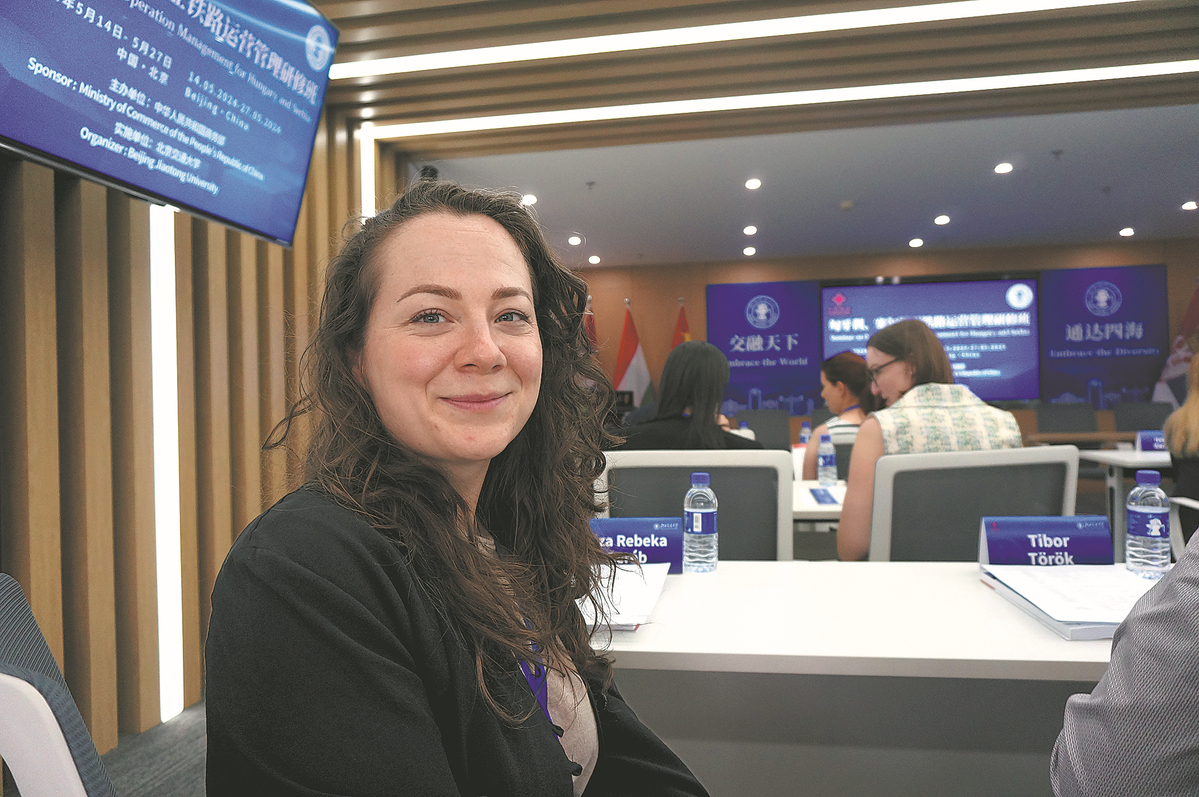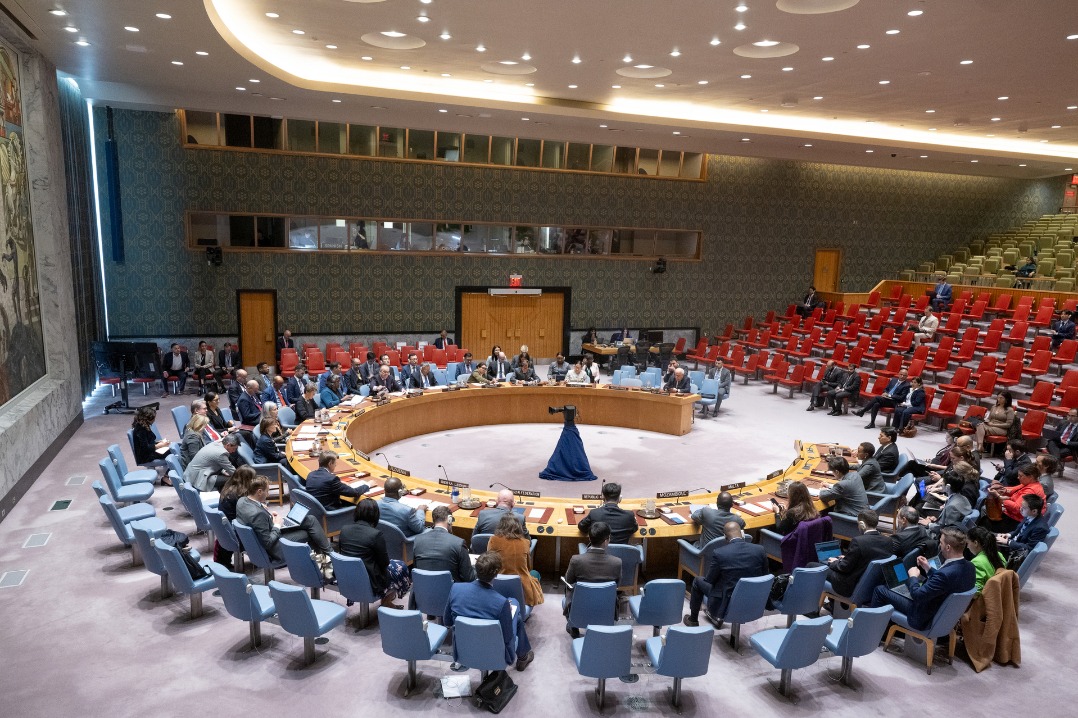Chinese railway expertise help partners stay on track


Liza Gereb, an enthusiastic Chinese language learner who traveled to China for the first time 10 years ago, was so amazed by the country's high-speed railway when she took the train from Beijing to Shanghai and Nanjing.
"It was the fastest railway I had ever used in my life back then," she said in Beijing on Tuesday after coming back to China as an official with the Rail Cargo Hungaria.
Starting from Tuesday, Gereb, together with another 21 officials from Hungary and Serbia, is attending a two-week seminar on railway operation and management held by Beijing Jiaotong University. Besides Beijing, they will also go to Guangzhou, Wuhan and Tianjin for field trips to learn about China's related development and experience.
The seminar comes at a time when Chinese President Xi Jinping just concluded a visit to Europe that took him to countries including Serbia and Hungary.
During the trip, Xi and the leaders of Serbia and Hungary stressed their readiness to advance cooperation on large-scale infrastructure projects, including the Budapest-Belgrade Railway within the framework of the Belt and Road Initiative.
Once in full operation, the railway, which spans 183.1 kilometers in Serbia and 158.6 kilometers in Hungary, will reduce travel time between the capitals of the two countries from 8 hours to 3 hours.
Ivett Varga, chief operations officer with the Chinese-Hungarian Railway Nonprofit Ltd, said she believes it is important to speed up the railway's construction in order to facilitate both cargo and passenger transportation.
The railway will work as an important connection within Europe by connecting with the Trans-European Transport Network, or TEN-T, a European Union-wide network of rail, inland waterways, short-sea shipping routes and roads in 424 major European cities, she said.
"Chinese railways are world-famous and China is advanced in the way of railway operation and railway development. So we came here to learn from China as much knowledge as possible and bring it back to Hungary," she added.
Mladen Zarkovic, a master civil engineer who serves as a consultant for the Directorate for Railways in Serbia, said his purpose to attend the seminar is to find new knowledge in fields such as railway infrastructure, including building and maintenance of classic and high-speed railways.
"Within class, I would like to see how Chinese railways do maintenance of high-speed railways, how the safety system works and to try Chinese high-speed trains on railroads," he said.
'Bringing possibilities'
Danijela Jovanovic, also from Serbia, said she believes the Chinese president's visit to her country will "bring more business possibilities, infrastructure projects and most importantly, bring the peoples of China and Serbia closer".
Guan Zhongliang, vice-president of Beijing Jiaotong University, said at the opening ceremony of the seminar that it is hoped that the attendees will act as envoys for exchanges and apply what they have learned in China to promote practical cooperation and deepen the friendship between China and their own countries.

































